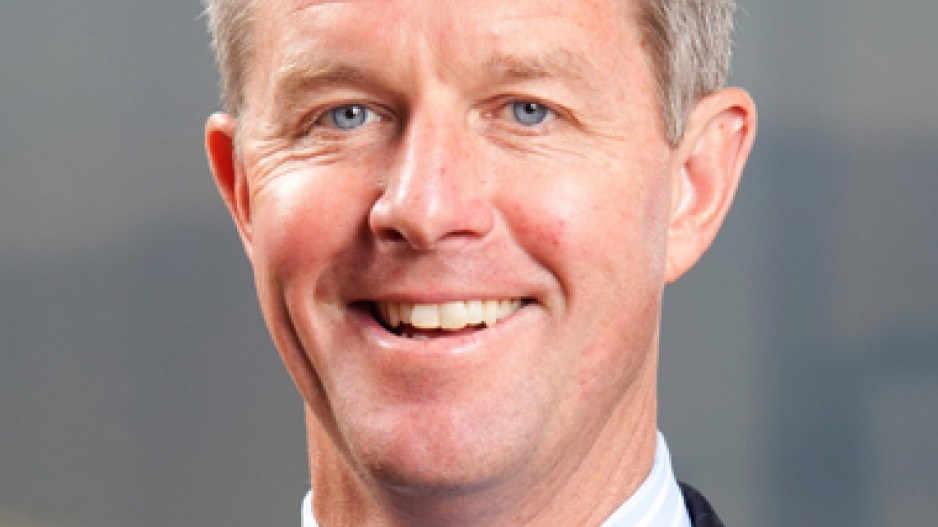Post-2008 global economic uncertainty and softening commodity prices are making cost-control a top concern for Vancouver miners, according to industry experts.
Mike Elliott, global mining and metals leader for Ernst & Young, said cost inflation in the global mining industry isn’t new – but its significance is.
“It’s been around for many years, but it’s not been as naked as it is now.”
Elliott said the mining industry faces price inflation every time commodity prices rise, triggering a rapid uptick in activity – and thus scarcity and rising costs of “inputs” such as truck tires.
But he said it’s when commodity prices drop, as they have in 2012, that those cost pressures become a top concern for miners.
Bruce Sprague, Ernst & Young’s Canadian mining and metals leader, said post-recession investor wariness and tight capital markets have further ratcheted up Canadian miners’ current focus on cost control.
“If ever there was a focus on managing costs, it’s right now in 2013,” he said. “There’s considerable scrutiny as requested by shareholders and other groups on ensuring there’s adequate management of the costs.”
Elliott said that the cost-watching trend is pushing larger mining players globally to sell less profitable assets and cut back their exploration programs.
But he added that explorers, which make up most of Vancouver’s mining sector, are unlikely to reduce exploration.
“The juniors still see [exploration] is the lifeblood of their ability to make that next equity raising.”
He added that capital-starved juniors struggling for survival will cut back exploration – but generally as a last resort.
Elliott said that while shareholders may push for short-term cash gains, companies should be looking for ways to increase operational efficiency and other more sustainable cost-savings options.
Sprague agreed.
He noted, for example, that companies are considering scheduling projects to maximize scheduling efficiency for all contractors.
Elliot added that to drive cost control, mining companies need to look at a corporate culture change.
“We have a whole generation – particularly of mine engineers – operating within the sector that have never really had to experience a time of low prices and hence need for absolute frugality on costs.”
Elliott added that knowledge still exists in the sector – but it’s in corporate executive tiers.
“The real challenge is to tap the knowledge and experience of those more senior people who have been there and done that in the ’80s and ’90s, to be able to readopt the sort of thinking and practical strategies that were being applied back in those years – but in the current environment.”
He said that that’s not easy move for companies. “Those [executives] are somewhat disconnected now from the day-to-day decision making.”




